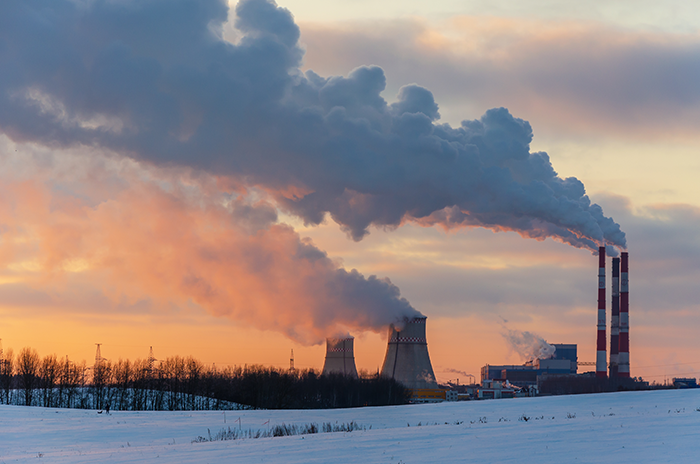Luxembourg Economic Snapshot
Economic Forecast Summary (November 2022)

Economic Outlook Note - Luxembourg
Luxembourg’s economic growth is set to slow to 1.5% in 2023, before picking up again in 2024. Activity has slowed due to broadening inflationary pressures, falling manufacturing activity, and the uncertain outlook on the back of the Russian war of aggression against Ukraine. Financial services growth will slow in 2023 and high interest rates will delay business investment and housing purchases.
©Shutterstock/Karabin
Read full country noteEconomic Survey of Luxembourg - 17 November 2022
Luxembourg recovered quickly from the COVID-19 pandemic thanks to extensive policy support. However, the impact of the war in Ukraine is exacerbating inflationary pressures, alongside labour market shortages. This highlights the importance of boosting the resilience of the Luxembourgish economy. Longer-term fiscal sustainability challenges should be addressed by improving the efficiency of public spending through regular spending reviews, limiting early exit from the labour market and undertaking much-needed pension reform. Removing disincentives to work and strengthening the effectiveness of active labour market policies, in particular for older workers and disadvantaged youth, would boost employment and lower skill mismatches. Digital skills need to improve and life-long learning should be strengthened. Increasing private R&D spending, improving diffusion of digitalisation, especially for small firms, and reducing the regulatory burden would support productivity growth and economic diversification. Reaching the climate objective of net zero emissions by 2050 will require bold policy action, requiring a clear carbon pricing path and adjustments to urbanisation and transport policies.
Executive Summary
Presentation
Economic Forecast Summary (June 2022)
Growth in Luxembourg is set to slow in 2022 to around 2.9%, and will slow further in 2023 to 2.1%. The war in Ukraine will weigh on consumer confidence and consumption but investment, including residential construction, will support growth alongside government spending. Employment and wage growth will remain robust. Rising prices of intermediary goods will push up core inflation. Downside risks include a prolonged war or lingering high inflation, eroding confidence.
Reform Priorities (May 2021)

Going for Growth 2021 - Luxembourg
The recovery after the COVID-19 crisis requires a prompt labour market rebound and addressing skill shortages that weighed on firm growth and innovation prior to the crisis. Sustainable public infrastructure investment can improve environmental outcomes. Improving housing affordability and labour market participation of women will render the recovery more inclusive.
©Shutterstock/Anton Petrus
Read full country note2021 Structural Reform Priorities
- Education and skills: Improve the education system to enhance skill matching in labour markets
- Labour market: Facilitate labour market participation of women and older workers
- Housing: Improve the functioning of the housing market
- Environmental policy: Increase infrastructure investment to improve environmental outcomes
- Competition and regulation: Increase competition in the non-financial services sector